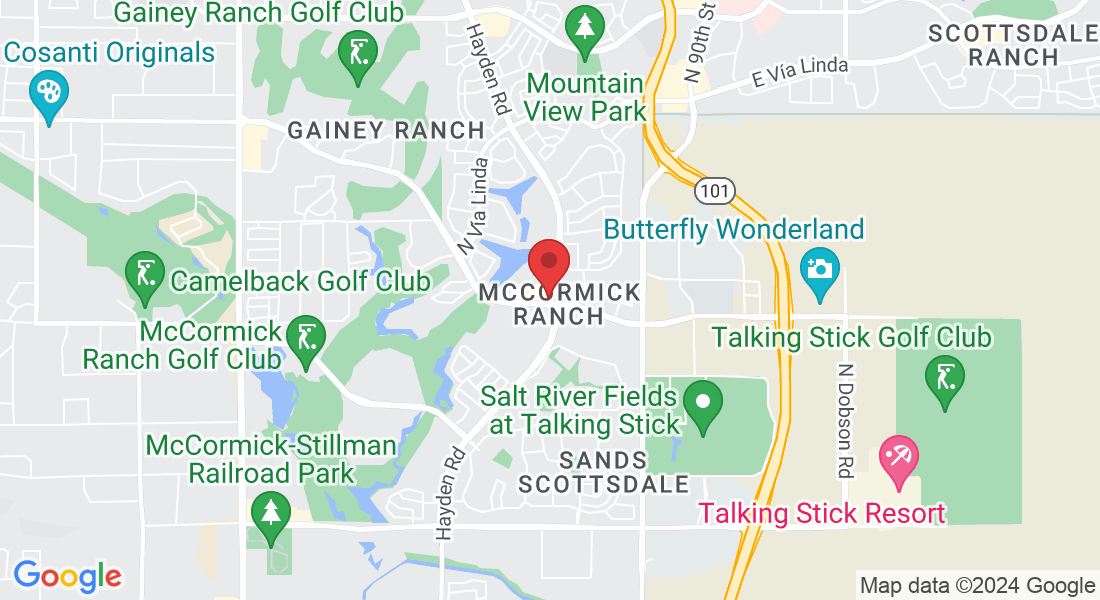What's Working Now to Drive Revenue & Business Growth...

The Power of Partnerships: Collaborating with Other Small Businesses to Expand Growth and Innovation
Starting a small business is an exciting and rewarding journey, but it's challenging.
In today's competitive market, standing out from the crowd can be tricky, but forming strategic partnerships with other small businesses can make all the difference.
By collaborating with other entrepreneurs, you can gain access to new markets, share resources and expertise, and build a stronger brand together.
When choosing the right partner for your small business, there are a few key factors to consider.

First and foremost, you want to find someone who shares your values and vision for the future. It would help to look for a partner with complementary skills and experience.
For example, if you're a tech startup, consider partnering with a marketing agency or a business consultant who can help you reach new customers and refine your strategy.
Another important consideration is compatibility. You'll be working closely with your partner, so it's essential to find someone who you enjoy working with and who shares your work style.
Communication is also critical, so establish clear expectations and channels for communication from the outset.
Ultimately, the key to building a successful partnership is approaching it as a collaboration, not a competition. By working together, you can achieve far more than you could on your own, and you'll be equipped to navigate the challenges of starting and growing a small business.
So don't be afraid to reach out to other entrepreneurs and explore the possibilities of partnership – you might just be surprised at what you can achieve together.
Create a Network of Support
By forming partnerships with other small businesses, you create a network of support that helps your business succeed.
Collaborating with other entrepreneurs can provide many benefits, including access to new markets, shared resources and expertise, and a stronger brand.
One of the most significant advantages of partnering with other businesses is the ability to share resources. For example, if you're a small business owner who needs help with marketing, partnering with a marketing agency can provide access to their team's expertise and resources. It'll help you develop and execute more effective marketing campaigns without hiring additional staff or investing in expensive tools.
Knowledge and expertise are also crucial components of successful partnerships. By partnering with businesses in related fields, you can tap into their knowledge and expertise to help you overcome challenges and grow your business faster. For example, if you're a small business owner in the tech industry, partnering with a business consultant who specializes in your industry can provide insight into industry trends, best practices, and strategies for success.
Finally, partnering with other businesses can provide cross-selling opportunities.
By forming a partnership with a business in a related field, you can tap into their customer base and offer complementary products or services.
Doing so can help you expand your customer base and increase revenue without additional marketing or advertising expenses. Partnerships with other small businesses can be a valuable strategy for growing your business.
By sharing resources, knowledge, and expertise, you can overcome challenges and achieve success faster than you could. So don't be afraid to reach out to other entrepreneurs and explore the possibilities of partnership – it could be the key to unlocking your business's full potential.
Choose the Right Partner
When considering potential partners for your small business, it's essential first to identify your goals and needs for the partnership.
Once you have a clear idea of what you're looking for, you can start researching other businesses that may align with your values and offerings.
Attend networking events and contact other business owners in your industry to start building relationships.
Be open to collaboration and brainstorming ideas together.
When forming a partnership, clearly outline roles and expectations to ensure both parties' successful

and beneficial relationship.
Leveraging Complementary Skills and Knowledge
In addition to the benefits mentioned, partnering with other small businesses can allow you to leverage complementary skills and knowledge.
Combining your expertise and resources can create a more complete and valuable customer offering.
It's advantageous if your business operates in a niche market or offers a specific product or service type.
For example, if you run a small business that provides web design services, consider partnering with a content marketing agency to provide a holistic solution to customers. By doing so, you can offer a more comprehensive solution that addresses a website's design and content aspects.
It expands your customer offering but also helps enhance the customer experience by providing a one-stop-shop solution.
Another example would be a small business that offers accounting services partnering with a business lawyer.
This partnership can provide customers with a complete service that includes legal advice and guidance on business operations. By working together, these two businesses can offer a more valuable and comprehensive solution, attracting more customers and increasing revenue.
Overall, partnering with other small businesses can provide a wealth of benefits for your business. You can create new opportunities and overcome challenges by tapping into other entrepreneurs' skills, knowledge, and resources.
So if you haven't already, consider contacting other small businesses and exploring partnership possibilities.
Cost-Effective Growth
Partnering with other small businesses can be a cost-effective way to grow your business. As a small business, you may need more resources to invest in extensive marketing campaigns or research and development.
By forming partnerships, you can share the cost of these activities, allowing both parties to benefit from increased exposure and new product development.
For example, an innovative startup might partner with a larger, more established company to bring their product to market faster and gain access to new distribution channels.
Innovation and Creativity
Partnering with other small businesses can also lead to new and innovative ideas.
Collaborating with businesses in different industries or sectors can bring fresh perspectives and new ways of thinking about problems.
For example, a healthcare technology startup might partner with a design agency to create a more user-friendly interface for their product.
The partnership of these two different industries can result in a more innovative, customer-focused solution than either company could have created.
Forming Long-term Relationships
Finally, partnering with other small businesses can lead to long-term relationships that benefit both parties.
As you work together to overcome challenges and achieve business goals, you form a bond beyond the immediate project or initiative.
Mutual success builds trust and lays the foundation for future collaboration.
By forming long-term relationships with other small businesses, you create a network that supports and uplifts your business for years.
Partnering with other small businesses is an excellent strategy for driving growth and innovation.
It creates a support network, leverages complementary skills and knowledge, is cost-effective, leads to innovation and creativity, and creates long-term relationships.
As a small business owner, e-commerce entrepreneur, or startup founder, it's essential to explore strategic partnerships to help take your business to the next level. Doing so will give you a competitive advantage and create opportunities for success in a highly competitive market.
Remember, it is not about competing but collaborating!
We have a free one-page roadmap that small business owners, e-commerce entrepreneurs, and startup founders can use to double their revenue in 90 days or less. This roadmap can help you achieve your revenue growth goals quicker by leveraging strategic partnerships and social media influencers. Want to learn more? Check it out now!
Explore, Lead, Succeed.
Let's work together to maximize your Revenue Growth Goals in 90 days or less!
© 2025 Revenue Quest Consulting - All Rights Reserved.

growth@revenuequestconsulting.com
(602) 345-1054
8390 East Via De Ventura F110

